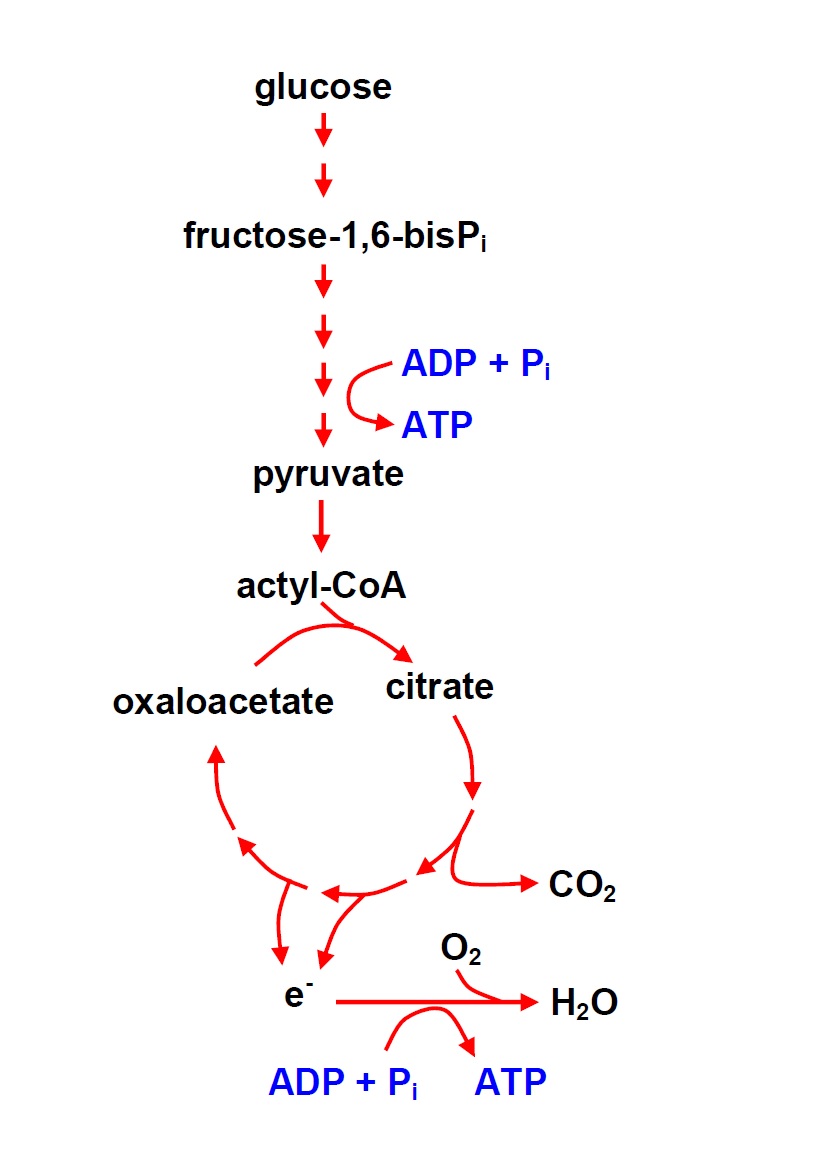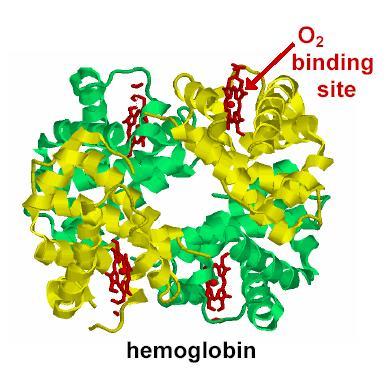Biochemistry
What is Biochemistry?
Biochemistry seeks to understand life at the level of molecules and their chemistry. Living processes are studied in terms of the chemical reactions that occur, the structure and conformational changes of molecules, and the binding interactions between molecules.
Biochemistry asks questions such as:
- How do cells convert sugar into energy and ATP?
- Why is the protein hemoglobin good at carrying oxygen in the blood?
- How do some drugs work as enzyme inhibitors?
- How do DNA mutations result in altered protein function?
- How do plants convert light into chemical energy?


What do biochemists do?
Biochemists follow careers in:
- Pharmaceutical Industry (drug discovery) • Biotechnology
- Basic Research (academic & government labs) • Medicine (medical school)
- Agriculture (plant and pesticide development) • Education (teaching)
- Food Production and Technology
The B.S. Biochemistry Program at Kutztown University
The B.S. Biochemistry degree plan is built around core coursework in Organic Chemistry, Biochemistry, Molecular Biology, Cell Biology, and Genetics. Virtually every course includes a laboratory component, providing a rich hands-on experience throughout the curriculum. All lectures and labs are taught by faculty - no teaching assistants - while small lab sizes (maximum 16-20 students) allow extensive student-faculty interaction. Both Chemistry and Biology faculty participate in the program, teaching courses and providing research opportunities.
Research Opportunities
The KU Biochemistry program highly encourages and supports student research experiences. Biochemistry majors can perform research with faculty on campus or as internships off-campus, and both experiences can count for course credit within the major. Students regularly present their research at science conferences and can publish with faculty.






